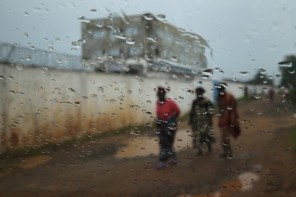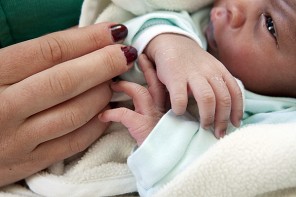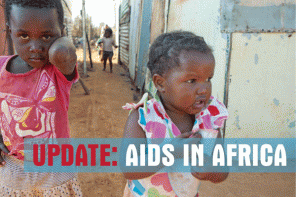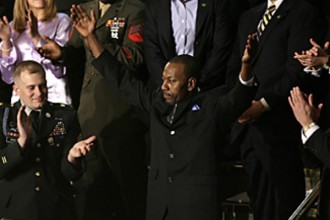First and foremost, it’s about South Africa. There’s no universalizing paragraph linking the issue in South Africa to the rest of the continent; where there is that link, it’s subtle and sensical, connecting the South African story to other stories because they are actually connected, not because the piece, to exist, has to say something about “Africa.” That means what’s missing is as fulfilling as what’s there: There’s no recitation of the now-familiar legal assault on gay rights in Uganda, or the turnaround in Malawi, or the general prejudice in so many places about which it would be so easy to generalize — and with which it would be so easy for the story to prop up its own importance. Instead, it’s about this irony: South Africa legalized same-sex marriage in 2006. It grants asylum to people on the basis of sexual orientation. But it’s still hard as hell to be gay in South Africa.
Feder does — or gets to do — what many writers elsewhere don’t: He concentrates on local detail. This is primarily the story of individuals and the difficulties they encounter living their everyday lives, and it’s not worried about talking too much about court rulings, political developments or tricky history. In spite of this unabashedness, the thing most readers (and editors, I’m guessing) would probably expect doesn’t happen: It doesn’t get boring.
It’s also bolstered by research, but that research comes from South African think tanks, not, say, Human Rights Watch. Feder dives right into the real mess of the real world — how people live and what constrains them. He trusts that those details are enough to keep us interested, “even though” it’s a story about South Africa.
Guess what? He’s right. The people he encounters open up to him, and he opens their lives to us, acts of generosity on the part of both writer and subjects. The context of homophobia is more complicated in a story that dives so deep. Guess what? It’s not just because “Africans” have “ancient traditions” that oppose same sex relationships. “Conservative Afrikaners, whose politicians criminalized same-sex relationships along with interracial ones, have left a legacy of ongoing homophobia for those families who once benefited from apartheid’s privileges,” Feder writes. There’s even a lot here on the Dutch Reform Church and its opposition to same-sex marriage — which, guess what, is not a product of exported American evangelism, which has taken up so much of the narrative space on this issue in earlier work.
That earlier work is important, and covering same sex marriage and LGBTI rights across the continent is an important journalistic priority. But this story so delightfully deviates from the pack, and in doing so proves that the local context so writers, editors and readers are afraid of is an advantage, not a liability. Kudos.




